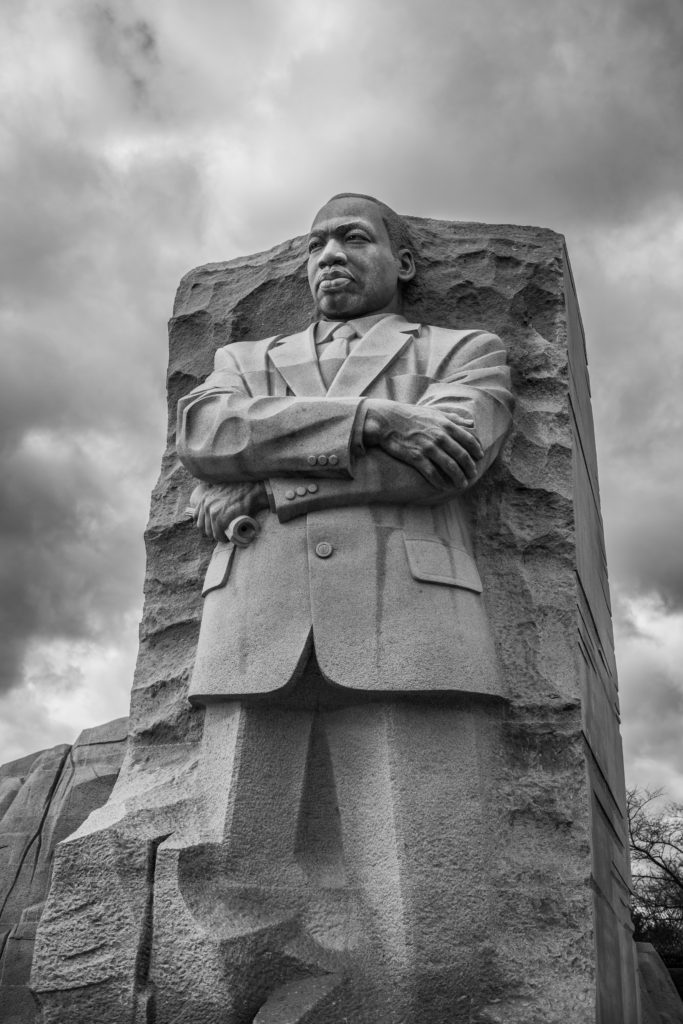
Inclusion and Unity: Honoring MLK’s Legacy Through Community Health
In the spirit of commemorating the legacy of Dr. Martin Luther King Jr, it is crucial to remember that his vision extended far beyond racial equality alone. One of his […]
In the spirit of commemorating the legacy of Dr. Martin Luther King Jr, it is crucial to remember that his vision extended far beyond racial equality alone. One of his oft-forgotten aspirations was the establishment of an inclusive, healthy, and thriving community. Celebrating MLK’s legacy is not only about ensuring social equality, but also striving towards equitable healthcare and robust community health.
Community health, as a concept, focuses on optimizing the health standards of a particular community by identifying health issues and implementing strategic health education, prevention methods, and health services. It is here that the fundamental principle of unity rates highly, as a unified community has a better chance to improve health outcomes.
Firstly, it’s important to understand that health disparities are an unsavory reality in many communities, especially those with marginalized populations. These disparities persist due to a number of factors including socioeconomic status, educational background, race, or ethnicity. And sadly, they are a regrettable contradiction to the ideals MLK envisioned for society.
As a community, we need to counter these disparities by fostering a sense of unity and shared responsibility towards the health of our neighbors. This begins with education on basic health principles and creating an environment of inclusivity, where disparities are identified, isolated, and tackled together.
Here are few ways we can incorporate MLK’s principles of unity and inclusion into our community health:
- Health Education: Irrespective of age, race or socioeconomic status, everyone should have access to knowledge about maintaining good health. This information needs to be made available in a simple, accessible, and relatable format. Neighborhood health workshops, school programs, and local health fairs can serve as ideal platforms to disseminate this information.
- Prioritizing Prevention: As the adage goes, “Prevention is better than cure.” Encourage regular health check-ups, emphasize the importance of a balanced diet and exercise, and promote mental health awareness. By prioritizing these, we can significantly reduce the burden of diseases and foster a healthier community.
- Advocacy for Health Policies: Stand up for health policies that support disadvantaged groups in your communities. Advocate for equal health coverage and better access to quality healthcare services. Support local leaders who push for health-promoting policies, and understand that your vote can bring about the change that MLK dreamt of.
- Volunteer Work: Participating in local volunteer initiatives promotes unity and inclusion. It helps to build stronger community bonds and inspire a community-wide responsibility for health.
- Leverage Technology: Technology has the power to break barriers. Telemedicine, health tracking apps, and virtual communities can help make healthcare accessible to everyone. Use these platforms to share health updates, reminders, and advice amongst your community.
Martin Luther King Jr once said, “Of all the forms of inequality, injustice in healthcare is the most shocking and inhumane.” It’s time we stepped away from the shadows of health inequality and embraced the radiance of community health. Through unity, inclusion, and shared responsibility, we can forge healthier communities that honor MLK’s dream of equality and humanity.
Achieving optimal community health is not an overnight process, but an ongoing journey. It requires continuous efforts, initiatives, and cooperation. But, most importantly, it demands unity and inclusion. When the community rallies together to uplift each other’s health, the dream of a healthy, inclusive environment moves one step closer to reality. This is arguably the most fitting tribute to the legacy of Dr. Martin Luther King Jr. Remember, our collective health is a reflection of our community spirit; one cannot exist without the other. Therefore, let’s strive to honor MLK’s legacy not just through remembering his words, but by radically transforming our communities to be healthier, stronger, and united places to live.
Photo by Tim Mossholder on Unsplash
Written by AI & Reviewed by Clinical Psychologist: Yoendry Torres, Psy.D.
Disclaimer: Please note that some blog posts may contain affiliate links and Sana Network will earn a commission if you purchase through those links at no additional cost to you. We use all of the products listed and recommend them because they are companies or products that I have found helpful and trustworthy. Our website is supported by our users.
